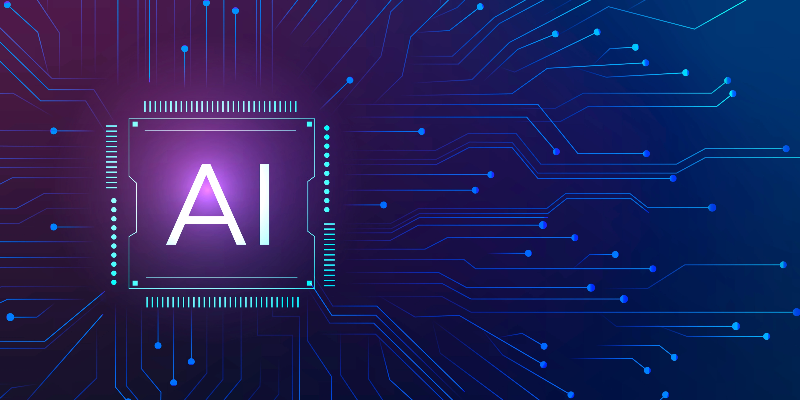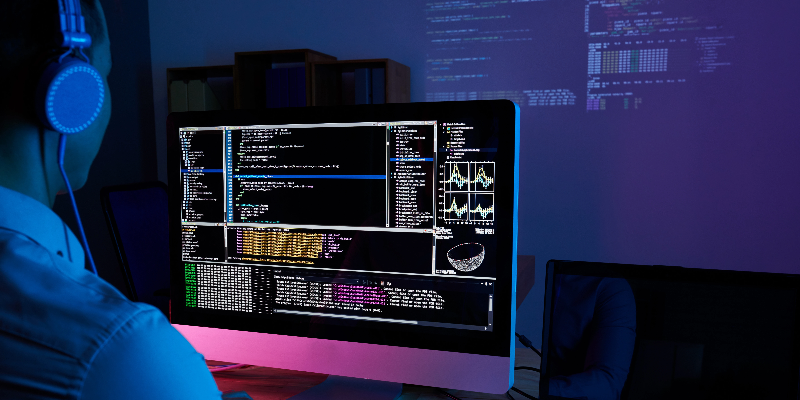
In recent years, artificial intelligence (AI) has emerged as the talk of the town and has the potential to drastically alter our way of life. Artificial intelligence (AI) has permeated every aspect of our everyday lives, from speech recognition and virtual assistants to self-driving cars, Siri and Alexa, chatbots for customer service, and more. We will delve deeply into the realm of artificial intelligence (AI) in the following post, learning about its various varieties, how it functions, and how it is affecting society.
How can artificial intelligence be defined:
Artificial intelligence (AI) is the term for computer programs that mimic human intellect, including cognition, learning, and decision-making.This technology decodes data and makes predictions by combining neural networks, machine learning, and natural language processing. AI has made it possible for computers to carry out activities that previously required human intelligence, like natural language processing, image recognition, and sophisticated gaming.
Artificial intelligence types:
Artificial intelligence comes in three flavors: superintelligence, general or powerful, and narrow or weak. AI that is limited or weak is used to describe devices that are made to do particular tasks, like voice or picture recognition. Conversely, general or powerful AI is built to be able to carry out a variety of cognitive activities, much like humans. Super intelligent machines are those that are smarter than people and have superhuman skills.
#ArtificialIntelligence#AI#MachineLearning#DeepLearning#DataScienceAIApplications#Automation#Robotics#ComputerVision#AIForGood#AIInHealthcare#AIInFinance#AIInEducation#AIInBusiness#AIInnovation#AICommunity#AIResearch#AIEthics


